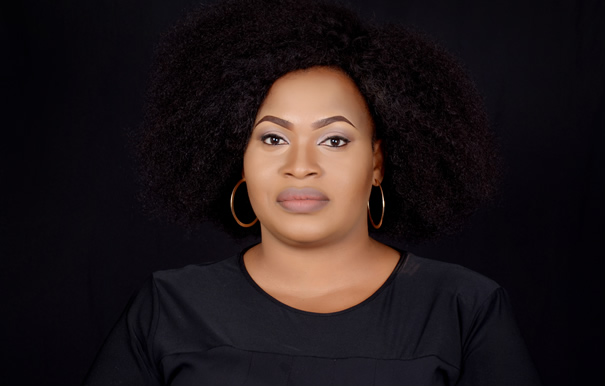By Cheta Nwanze
The out-of-school rates in the regions outside the North were much better with one-digit percentage figures being the norm.
Regional breakdowns of early education enrollment and school attendance rates give a clearer view of the issue. The Northern part of the country has very troubling school attendance rates, with states like Bornu, Bauchi, Sokoto, Gombe, and others with out-of-school rates that hovered between 48-60% and early education enrollment rates that were between 3% and 7%.
It has been well acknowledged that primary school education is the foundation of individual and national development. The skills learnt at that level are the base on which the capacity for future economic productivity is built.
Primary school education takes up the first six years of Nigeria’s nine-year Basic Education Curriculum, which seeks to give every child resident in the country an adequate foundation for a successful and productive life.
The nine-year Basic Education Curriculum (BEC) covers ten subjects: Mathematics; Basic Science and Technology; English Studies; Religion and National Values; Cultural and Creative Arts; Business Studies; Nigerian Languages; Pre-vocational Studies; French; and Arabic.
In addition to technical skills, primary school education is also a vital component of the socialisation structure that looks to teach children socially acceptable norms, beliefs, values, and behaviours that they are expected to align with for successful integration into society.
Primary education in Nigeria is compulsory and is officially free in public schools but UNICEF data says that close to 20 million Nigerian children between the ages of five and 14 years are out of school. These figure becomes even scarier when you take the data from the National Bureau of Statistics (NBS)’s Multiple Indicator Cluster Survey 2021 into account.
This means that whenever children are deprived of quality primary school education, they are at risk of having a damaged foundation that exposes them to the likelihood of lifelong technical and social incompetence, which impairs their chances of achieving adequate integration into the family, workplace, and society as a whole. And, if a significant portion of a society’s children are deprived of proper primary school education, then the society itself is likely to eventually pay a high social and economic cost for this.
No Title
No Description
With this in mind, it becomes easier to grasp the importance of the statistic pointing out that 20% of the world’s out-of-school children are in Nigeria. Primary education in Nigeria is compulsory and is officially free in public schools but UNICEF data says that close to 20 million Nigerian children between the ages of five and 14 years are out of school. These figure becomes even scarier when you take the data from the National Bureau of Statistics (NBS)’s Multiple Indicator Cluster Survey 2021 into account. 61% of six to 11 year-olds regularly attend primary school and only 35.6% of children aged 36-59 months receive early childhood education.
Regional breakdowns of early education enrollment and school attendance rates give a clearer view of the issue. The Northern part of the country has very troubling school attendance rates, with states like Bornu, Bauchi, Sokoto, Gombe, and others with out-of-school rates that hover between 48-60% and early education enrollment rates that are between 3% and 7%.



